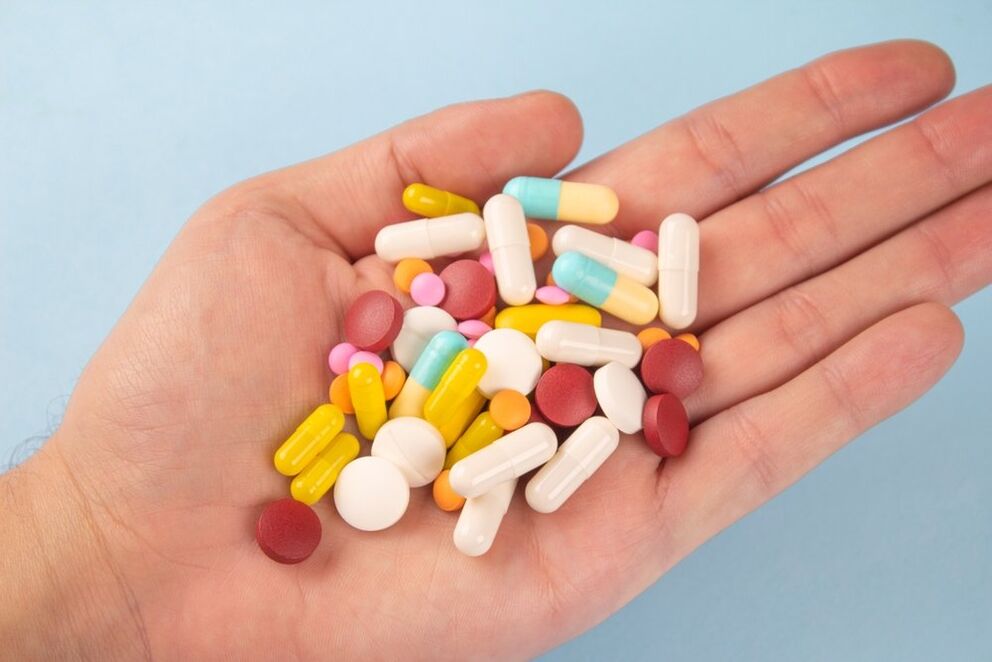
Prostatitis is a very common inflammatory disease of the genitourinary system in men. The essence of this pathology is infectious or abacterial inflammation of the prostate gland. Most often, this disease is diagnosed in men aged between 25 and 50 years. If there is no medical treatment, it can cause erectile dysfunction, infertility, etc. In this article, we will look at the best remedies for prostatitis.
General principles for the treatment of prostatitis

To begin with, we note that it is unacceptable to self-treat inflammation of the prostate gland. Any medicine should be used only as prescribed by a doctor.
With the bacterial nature of the inflammatory process, antibacterial drugs are used, selected depending on the sensitivity of the pathogen. The dose and duration of antibiotics are also selected individually.
In addition, non-steroidal anti-inflammatory drugs, herbal preparations that stop inflammation and increase metabolic processes in the prostate can be used.
If there is a complaint of difficulty urinating, alpha blockers are indicated that restore urodynamics.
Various non-pharmacological methods are also very important. First of all, this includes prostate massage, carried out in the process of chronic inflammation. In addition, the treatment plan is actively complemented by various physiotherapy procedures, such as laser therapy, electrical stimulation, etc.
Effective Medicine
So what medicine has the best effect on prostatitis?
With regard to antibiotics, fluoroquinolones and macrolides are most often prescribed for prostate inflammation, but other groups of antibacterial agents can also be used.
If we talk about herbal preparations, then drugs based on the extract of the fruits of the creeping palm tree can be used. It has anti-inflammatory, antiandrogenic, antiexudative action. This drug is actively prescribed not only for chronic prostatitis, but also for benign prostatic hyperplasia.
Another herbal preparation is a combination medicine, which includes Canadian goldenrod herb, licorice root, St. wort herb. John hollow, rhizome with purple echinacea root. This drug improves microcirculation in the prostate tissue, is active against certain bacteria, and reduces the severity of inflammation.
Another effective remedy for prostatitis is a suppository, the active ingredient of which is biomass obtained from insect larvae of the gypsy moth species. In 2020, scientists from the Kuban State Medical University conducted a study, the results of which proved the possibility of using this drug in patients with chronic bacterial prostatitis.
From the group of alpha-adrenergic blockers, the most frequently used drugs help to relax the smooth muscle fibers of the bladder neck and prostate, which leads to an increase in the outflow of urine.































